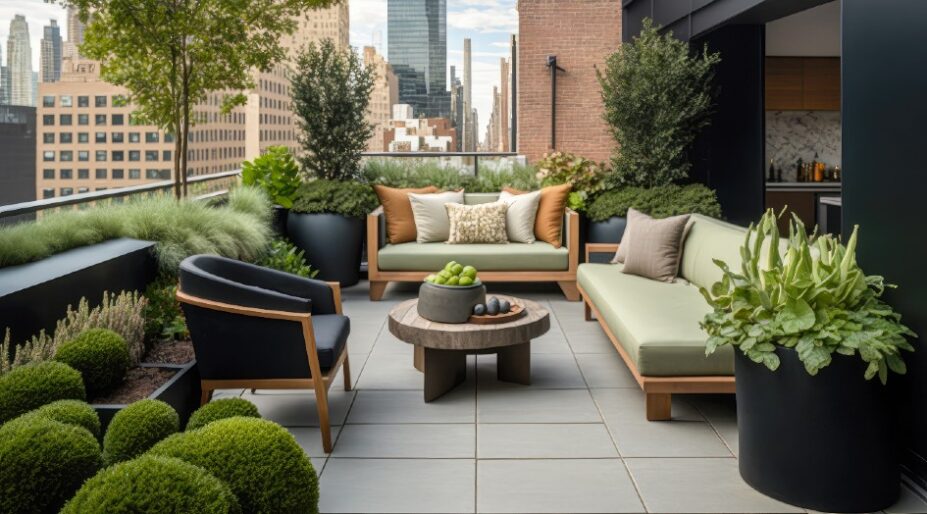Living without a private yard creates distinct psychological effects influencing how residents experience their homes and communities. As urban housing density increases and more people choose condominiums and apartments, this lifestyle adjustment becomes increasingly common. When reviewing housing options such as those detailed in a Promenade Peak Site Plan, prospective buyers often wonder how the absence of private outdoor space might affect their daily lives and mental well-being over time.
Nature connection
The human need for contact with natural environments remains strong regardless of housing type. Without private yards, residents must be more intentional about seeking nature connections, which can strengthen or weaken this vital relationship depending on individual habits. Community spaces like rooftop gardens, shared courtyards, and nearby parks can provide alternative nature experiences. These shared spaces enhance their nature connections by offering more diverse landscapes than a typical private yard could provide. Research shows that even brief daily exposures to natural settings can reduce stress hormones, lower blood pressure, and improve mood. Those without private yards who regularly use public green spaces often report these benefits despite lacking personal outdoor territory.
Community dynamics
Living without private outdoor space often leads to:
- More frequent interactions with neighbours in shared areas
- Greater participation in community activities and events
- Increased likelihood of forming social connections outside the home
- Expanded social networks beyond immediate family
- More diverse friendships across age and cultural backgrounds
These enhanced social connections can counterbalance any sense of spatial constraint. Many residents find that trading private yard maintenance for increased social opportunities leads to greater overall life satisfaction and a stronger sense of belonging.
Space perception
- Boundaries between “mine” and “ours” become more fluid
- Personal territory extends beyond individual dwelling walls
- Shared spaces become psychological extensions of home
- Public parks transform into “backyard equivalents”
- Neighbourhood amenities integrate into daily routines
Without yards, residents often develop expanded concepts of home that incorporate nearby public spaces. Coffee shops, libraries, parks, and plazas function as extensions of living space, creating a more integrated relationship with the surrounding community. This psychological adaptation typically takes time but eventually leads to a broader sense of belonging that encompasses the neighbourhood rather than just the dwelling unit.
Leisure patterns
Yard-free living influences how residents structure leisure time and outdoor activities. Without the default option of stepping into a private yard, residents typically become more deliberate about planning outdoor experiences. Weekend excursions to nature preserves, beaches, or hiking trails often replace casual yard time. These planned nature experiences are more immersive and varied than those in typical residential yards, potentially offering greater psychological restoration. Urban dwellers without yards frequently discover new recreational options they might not have explored otherwise. From community gardens to outdoor fitness classes, these alternatives can provide richer social contexts for leisure activities than solitary yard maintenance.
Living without a private yard requires psychological adjustments but offers distinctive benefits that many residents prefer over traditional yard ownership.

